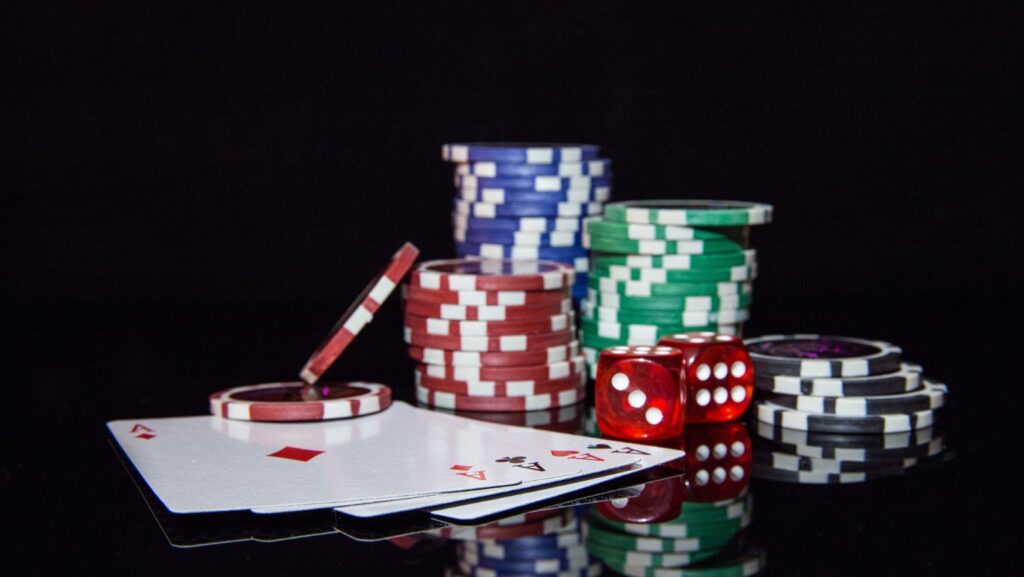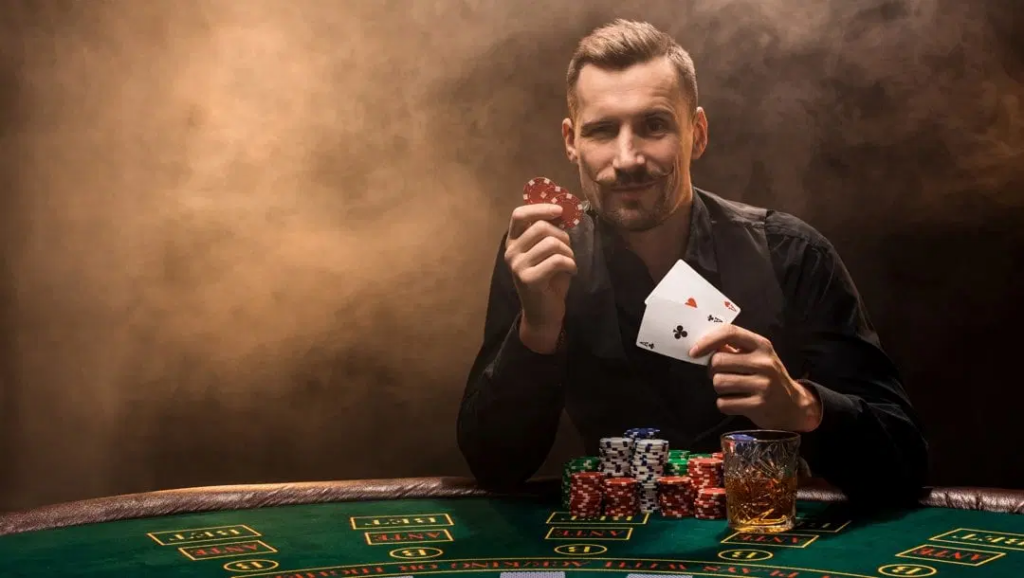We envision gaming, poker tables, roulette’s whirling wheels, or sleek gaming houses. But what if gaming has nothing to do with chips or cards at all? What if it is what we are doing every day, as unthinkingly and unwittingly as breathing in and out?
From stepping in a puddle in front of a lightning strike to a career change or proposal of a prospective spouse, life is replete with instances wherein we balance risk against reward. And for every chance game, its terminus is not guaranteed. That makes a very interesting question: are we all unconscious gamblers?
Let’s take a closer look at how the decisions we make daily reflect those of gambling—and what that says about humanity.
The Psychology of Risk
At the core of gambling is risk-taking behaviour. We embrace uncertainty in return for a potential reward. Money, time, emotion, or even pride, there is always something at stake. But here’s the catch—humans are programmed to take these risks.
Psychologists call this “prospect theory.” It explains how we tend to overestimate potential losses over an equivalent gain, yet still take a chance at https://1xbetbdcasino.com/ if the reward seems appropriate. This is not necessarily about betting money—it holds in everyday life, too.
Consider a person leaving their job to become an entrepreneur. It’s not merely a practical step—it’s an emotional leap of faith. As with putting down a wager, they’re committing to a future that has yet to occur.
Micro-Gambles: Risks in Daily Life
Not all gambles are blockbusters. Most are low-key, even sneaky. For example:
- Trying a new food at a restaurant — Will it taste great or ruin your meal?
- Sharing something personal online — Will others rally behind it or scroll by?
- To tell a joke during a meeting — Will it fall flat or land?
These are micro-gambles—small, daily risks with social or emotional stakes. We’re taking them all the time. Actually, most of our social action is influenced by them. We’re gambling with reactions, expectations, and impressions.
What is interesting is we don’t usually realize we are doing this. But our brains respond to these actions in a similar way to games of chance, rewarding us with dopamine when we “win,” and frustration when we “lose.”
Why We Need Uncertainty
So why do we do it? Why not just keep to safe, predictable options?

Due to the fact that our brains are hungry for novelty and reward. Certainty can be dull. Risking, even on a small level, creates excitement. It makes us feel alive, in control of outcomes.
This is why we take risks on things like attempting new things, applying for jobs, or even sending that dangerous text message. We’re not necessarily seeking outcomes—we’re seeking the feeling of possibility.
And don’t forget: some of our greatest life transformations come from risks. Moving to a new city. Picking a partner. Changing careers. These aren’t wild—they’re courageous. And they’re evidence that uncertainty is where growth happens.
The Fine Line Between Fun and Harm
Of course, not all risk-taking is desirable. Calculated vs. compulsive risk is a distinction that has to be drawn. As an example, some people have an impulse control problem and they take risks without considering costs—financial, social, or emotional.
And that is why it is a question to ponder: To risk growth, or to flee? The healthiest of risks are risks that demonstrate intentionality, not impulsivity.
In that respect, daily gambling doesn’t equate to recklessness—it equates to involvement. It equates to accepting the random aspects of life and interacting with the world instead of watching from the sidelines.
Conclusion: We’re All Playing the Game
So, are we all natural gamblers?
In a way, yes. We all decide with uncertain outcomes. We all hope for the best while taking a leap of faith. Some of us dive into risk, others shrink away. But every decision—big or little—is a kind of personal risk. The main distinction is awareness. Knowing when you’re taking a risk provides an advantage. It enables you to take more intelligent, courageous risks, rather than unaware ones. And that’s where you triumph—not in games, but in life. Whether you’re starting a project, a conversation, or pursuing a dream, keep this in mind: you’re already playing the game. You might as well play it right.

